5 Things Aspiring Broadcasters Should Know about Net Neutrality
As an aspiring broadcaster, you need all the help you can get to make your voice heard. Today, many new broadcasters get their start with the help of the internet and professional training at a local media school. The internet provides many free resources that allow you to find your voice, create something all on your own, cover topics that are important to you, and find followers. Unfortunately, the net neutrality debate could have a huge impact on your ability to do all of those things. Here are the five things about net neutrality you need to know:
1. Yes, We Already Have Net Neutrality
You will find many people arguing that we do not “need” regulation for net neutrality because the internet is currently neutral. This means that all web traffic is treated equally and service providers cannot limit which sites you visit or how fast you get there. This is important for broadcasters because it ensures that visitors have an equal opportunity to find your content.
2. The Quality of Your Content Matters
If net neutrality were to suddenly disappear, it would be up to service providers to source and promote the best content from around the web. As a broadcaster, this means you should always do your best to use high standards of production and ensure that your content is reaching a broad audience. This way your content will be in-demand and service providers will be more likely to give you their support.
3. Your Content Could Become Difficult to Access
It remains highly unlikely that service providers would completely block any sites on the web. The most likely scenario is that they would severely limit the speed at which content can be downloaded from a site. This means that your podcasts, videos, images and other media could slow down to a crawl, making it nearly impossible for your followers to get the information they want even if they made it to your site. Fortunately, with the tools you will learn at reputable media schools, you will be able to format your broadcasts for efficiency so your followers will always have quick access to you.
4. You Can Educate People
As a broadcaster, people are turning to you for information. In fact, millennials get the vast majority of their information from online resources rather than traditional newspapers and magazines. This means that it’s up to you to start conversations, present facts and play devil’s advocate. This generation is also more interested in finding news that is free of bias, so you have a unique opportunity to present stories from multiple vantage points.
5. The Fight is Not Over
Although Ajit Pai recently overturned the previous ruling, arguments for net neutrality are far from over. As a broadcaster, you can take part in the fight by joining professional organizations who are actively engaging with local politicians on the frontlines. You can also attend local debates and work with local service providers to argue in favor of net neutrality.
To learn more about how you can be a successful broadcaster and journalist during such a revolutionary time, apply to become a student at Colorado, Illinois, Ohio and Miami Media Schools today. Our courses will teach you how to produce engaging content and tackle any new roadblocks or trends that come your way.







